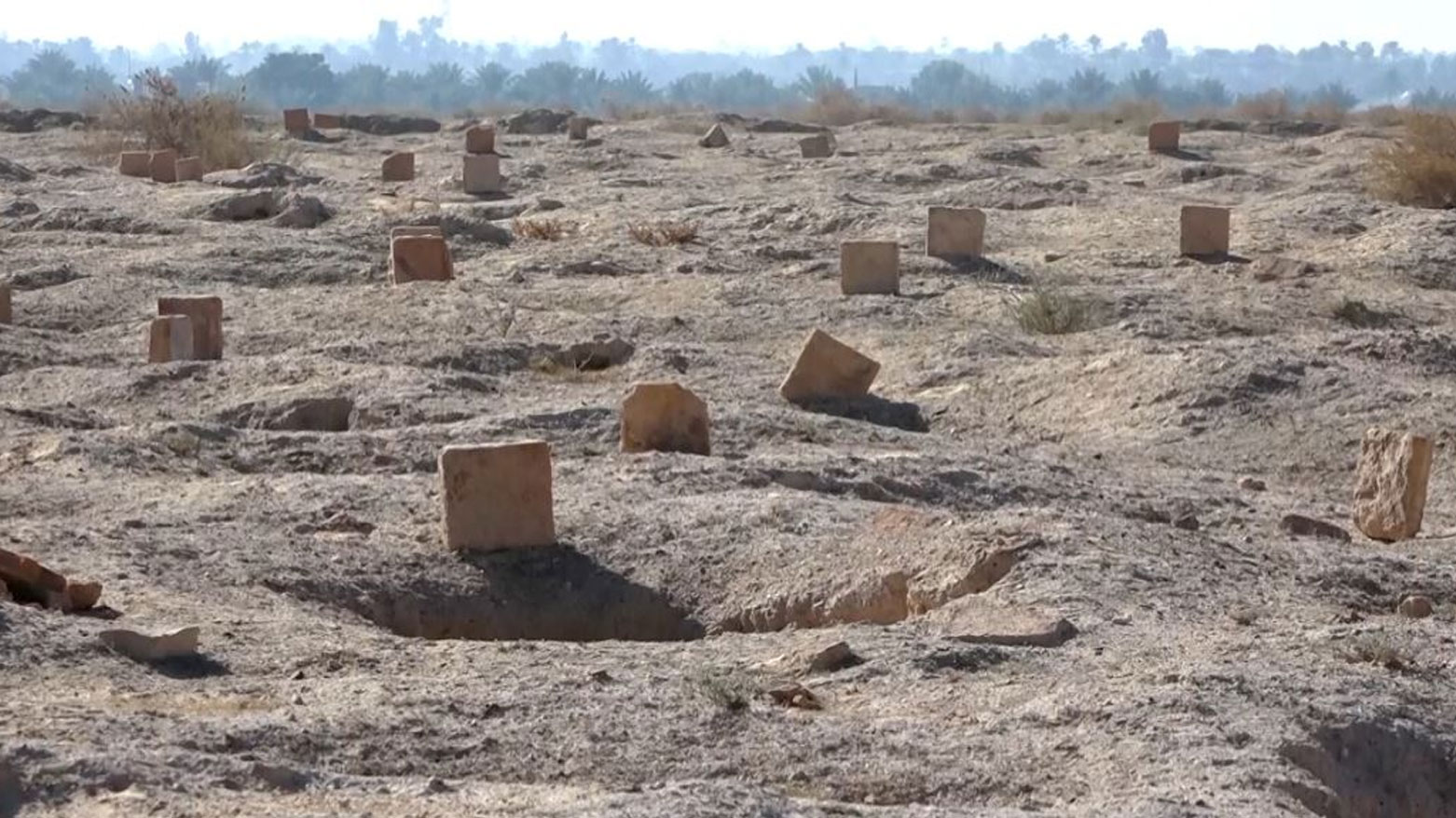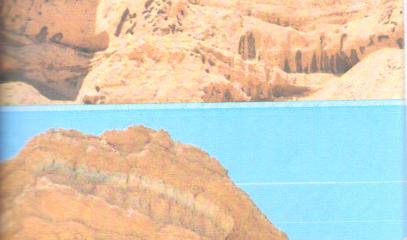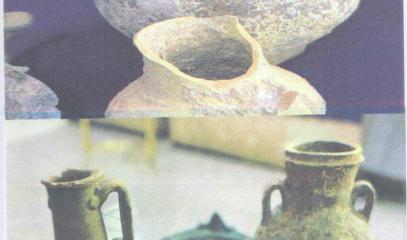Chaldean Patriarch: “Save the historic Christian cemeteries of Najaf”
Cardinal Sako appeals to Prime Minister al-Sudani. Sites at risk due to construction projects. Request to “fence off and monitor” sites facing “imminent threat”. Their value “goes beyond the Christian community” and concerns “the entire” population, including Muslims.
Baghdad (AsiaNews) - In an attempt to safeguard Iraq's fragile Christian heritage, the Chaldean Patriarch of Baghdad has launched an urgent appeal to Prime Minister Mohammed Shia al-Sudani to stop what he calls ‘attempts to destroy historic Christian cemeteries’ in the province of Najaf.
In their place, Cardinal Louis Raphael Sako denounces in a reflection published on the patriarchate's website, local authorities want to support commercial development plans that would end up erasing a historical testimony of great value.
According to the Chaldean Church leader, ‘reliable sources in Najaf’ - a city 160 km south of the capital - are sounding the alarm about ‘attempts to transfer control of historic Christian cemeteries’ to investors and entrepreneurs with the aim of ‘carrying out projects’ in the construction sector.
Hence the initiative of the cardinal, who has appealed directly to the head of government to block the expropriation and keep alive the memory of a Christian presence in the area.
According to the statement, Cardinal Sako asked al-Sudani to ‘intervene and stop the violation of Christian holy sites,’ specifically identifying the ‘Manathira cemetery’ and the ‘Umm Kheshm cemetery for Christian Manathira’ as being at risk of ‘imminent threat.’
‘These historic sites,’ the cardinal continued, ‘must be guarded and fenced off. Furthermore, they must not be tied to private investment projects, which would end up completely erasing them.’
Framing his appeal in terms of national interest, the cardinal argued that these areas have immense cultural and economic value that goes beyond the Christian community and concerns the entire Iraqi population, including Muslims.
Cardinal Sako went on to emphasise that Iraq's diverse history predates the Islamic era by a long way, encompassing ‘the Akkadians, Sumerians, Chaldeans, Babylonians, Assyrians, Arabs, Persians, Christians and finally Muslims.’
With a view to diversifying state revenues, the Chaldean primate recalled how the preservation and promotion of these sites would ultimately boost the country's economy.
"These archaeological sites, together with the Shiite shrines of Najaf and Karbala, are places of pilgrimage in which adequate investment can be made so that, in the long term, they become tourist and religious destinations,‘ observed Cardinal Sako. He issued a further warning to the authorities, adding that ’relying solely on oil revenues is not sustainable because one day the oil will run out.".
This appeal comes at a time of existential crisis for one of the world's oldest Christian communities, a region that is now the scene of persecution, violence, abuse and violations in many areas, which ultimately encourage exodus and empty the region of one of its primary components.
After all, before the US invasion in 2003, Iraq had about 1.5 million Christians; However, decades of conflict, instability and targeted persecution have seen that number plummet to less than 200,000 today.
The 2014 genocidal campaign by the Islamic State (ISIS) against Christians and other religious communities in the Nineveh Plains and northern Iraq – as well as neighbouring Syria – marked a catastrophic turning point.
Hundreds of thousands of people were forced to flee, churches and ancient monasteries were desecrated or destroyed, and a deep sense of vulnerability was imprinted on the collective memory of the community. Even after the military defeat of ISIS, the crisis continued, as did the exodus.
In addition, the (few) Christians who have returned have faced a new set of obstacles, including a fragile security environment, demographic changes in their historic cities and the systemic problem of property appropriation.
The attempt to develop historic cemeteries in Najaf is seen by many as another example of this “slow erasure” of their physical and cultural presence from the Iraqi landscape. The patriarch finally added that this Christian heritage has also been enriched by famous Arab Christian poets such as Imru' al-Qais and al-Nabigha al-Dhubyani, who played a fundamental role in shaping Arabic literature.
Archaeology, art and literature constitute a heritage of great economic, historical and cultural value, so much so that they represent the true “black gold” of Iraq, as the Chaldean primate himself had stated in the past.
Since his time as archbishop of Kirkuk, Cardinal Sako has denounced the dangers facing this “universal good”, which must be protected from theft, illegal trafficking and even climate change, because it alone is worth “more than oil”.
This is a task for all Iraqis, not only Christians, as the patriarch also recalled in 2016 during the ‘International Conference for the Safeguarding of Cultural Heritage in Conflict Areas’ in Abu Dhabi, United Arab Emirates (UAE).
11/08/2017 20:05









.png)










